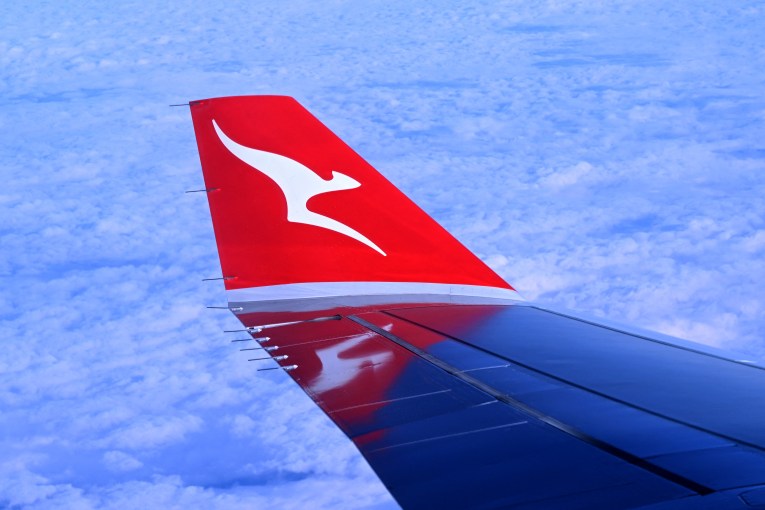James Hardie’s asbestos bill grows
The estimated size of James Hardie’s asbestos compensation bill has grown, and could blow out to $2.3 billion if the number of claims from victims continues to defy expectations.
Latest estimates by accounting giant KPMG show the amount James Hardie could have to pay to people with asbestos-related diseases has risen by $18 million to $1.87 billion.
The number and size of mesothelioma claims in the past two years have been higher than KPMG had expected, and if that continues over the next five years, James Hardie’s liability could grow by another 22 per cent.
KPMG had previously expected mesothelioma claims to peak in 2010-11.
In the year to March, James Hardie paid out $131 million in compensation to people who contracted asbestos-related diseases through exposure to products made by former James Hardie subsidiaries.
That was up from $113 million paid out from James Hardie’s special asbestos fund in the previous year.
The fund had $65.5 million in cash and investments at the end of March, and James Hardie expects to inject $US113 million in cash on July 1.
The federal and NSW governments have loaned cash to the fund in recent years to make up for a shortfall created by a slump in James Hardie’s financial performance.
The news comes as James Hardie reported that it more than doubled annual profit as sales grew in its key markets of Australia, Europe and the United States.
James Hardie made a net profit of $US99.5 million in the year to March 31, up from $US45.5 million in the previous 12 months.
Improving housing markets in Australia and the US lifted sales volumes and prices, the company said.
Forecasts for the housing market in the US, where the company makes the majority of its earnings, are encouraging, James Hardie said.
It expects improvement there during the current fiscal year, although strength in employment and consumer confidence will be needed to drive that improvement, the company said.
In Australia, indicators for the housing market are also positive, and James Hardie expects its sales to grow in line with growth in the housing construction market.
The company declared a 32 US cents full year dividend, plus a special 20 US cent dividend, taking its payout to shareholders to 52 US cents, up from 37 US cents 12 months earlier.
It is also planning to buy back up to five per cent of its shares in the next 12 months, after already buying back $34 million of its shares in the past year.








